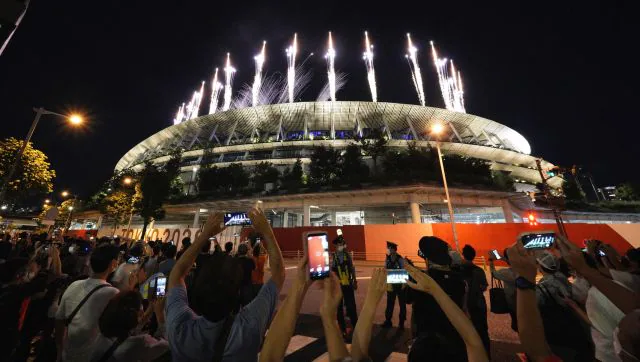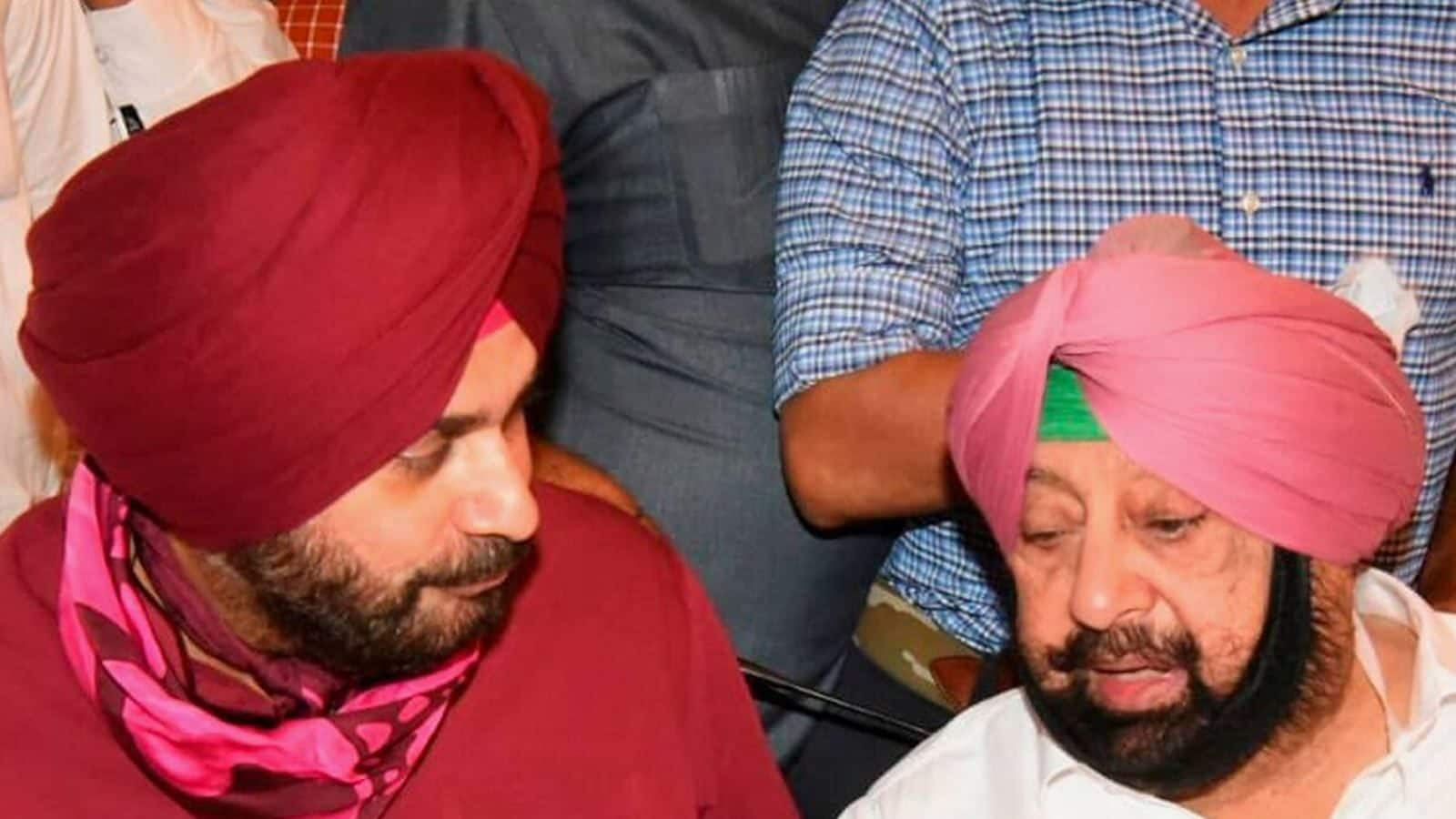Closing ceremony preview: The Tokyo Olympics 2020 will come to an end on 8 August with a closing ceremony in the Japanese capital.
Tokyo pill pass the baton to Paris, the hosts of the 2024 Games, at the ceremony after staging one of the most dramatic Olympics of all time which was delayed by a year due to the COVID-19 pandemic. The closing ceremony will begin at 4.30 pm IST.
The 2020 Games has been extra special for Indians as the nation finished the Olympics with its best-ever tally of seven medals. Neeraj Chopra’s gold in the men’s javelin throw event, which made him the first Indian to win an athletics event, was the seventh medal that India won as athletes created history.
Apart from being memorable for Indian fans, this Olympics just might go down as the Games that changed sports for good.
These became the Olympics where the athletes had their say. The Olympics where mental health became as important as physical. The Olympics where tales of perseverance — spoken, documented and discussed loudly and at length — often overshadowed actual performance.
It wasn’t only those who stood on the medals stand at the hyper-scrutinized pressure cooker in Tokyo, where spit tests for COVID-19 and sleeping on cardboard-framed beds were part of the daily routine. It was all of them.
Their voices were heard, in big ways and small, through hundreds of reminders that their mental and physical health were not for sale, not even to the $15.5 billion behemoth that underwrites many of their grandest dreams.
Those voices were notably reflected in the words of Simone Biles, who, early on, reset the conversation when she pulled out of the gymnastics meet, declaring her well-being was more important than medals.
And by Naomi Osaka, the tennis player who lit the cauldron on Day 1, but only after spending the summer insisting that the world listen to her — really listen — instead of only watching her on the court. The planet’s highest-paid female athlete and the host country’s poster girl, she faced expectations that were hard to handle.
“I’ve been afraid that my worth is tied to whether or not I win or lose,” Allyson Felix wrote the morning before her bronze-medal run in the 400 meters made her the most decorated female track athlete in Olympic history. “But right now I’ve decided to leave that fear behind. To understand that I am enough.”
They came in all shapes and sizes. A transgender weightlifter, a nonbinary skateboarder, and Quinn, the first openly transgender Olympian to win a gold medal. Teenage skateboarders, and surfers seeking gnarly waves — most of whom never dreamed of being on the Olympic stage, hugging and sharing tips and reminding us all that this is supposed to be fun.
IOC president Thomas Bach said two days before the close that the Tokyo Games “far exceeded my personal expectations,” because when spectators were barred as a pandemic precaution he feared “these Olympic Games could become an Olympic Games without soul.”
Instead, Bach said, he found the intimacy in the empty venues made for an intense atmosphere. “In many cases you did not realize that there were no spectators,” he said. “Maybe in some cases you could even experience the feelings of the athletes closer and better than being surrounded by so many spectators.”
It is Bach’s job to call the Olympics a success. Maybe, though, that goal was met in Tokyo just by reaching the finish line. But of course there were highlights along the way.
— Italy shockingly establishing itself as a sprint power with a surprise win by Marcell Jacobs in the men’s 100 meters followed by “four Ferraris” teaming to win the 4X100 relay for another gold medal.
— Lydia Jacoby, the first swimmer from Alaska in the Olympics won gold, and Caeleb Dressel collecting five golds in the pool.
— Sunisa Lee, the first Hmong American Olympian, winning gold in the women’s all-around. And in these games where social media use soared and TikTok became the platform of choice for the Olympians, Lee blaming her bronze on the uneven bars from the distractions created by her new Internet fame.
— Streaming use surging among viewers, and NBC reporting that 3 billion minutes of content watched on its platforms were digital.
Outside the Olympic bubble, COVID-19 cases soared in Tokyo to daily record highs, although Bach exonerated the Olympics because 11,000 athletes were placed away from the population and regular testing for everyone else produced extremely low rates of positives.
The pandemic still rages, and the Beijing Winter Games are set to open a mere six months from now. And COVID-19 is just one of the issues facing the next scheduled Olympics — the IOC has rejected several recent demands to move the Games from China over allegations of human rights violations.
The Games, of course, will go on. They always do. Japan will hand the Summer Olympics flag to France on Sunday for the 2024 Paris Games. Tokyo organisers will end with a “Worlds We Share”-themed ceremony designed to make athletes and viewers “think about what the future holds” and “expresses the idea that each of us inhabits their own world.”
The athletes did that already in Tokyo, where the Olympics will be forever remembered as the Games that persevered.
With AP Inputs




